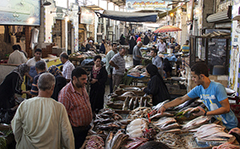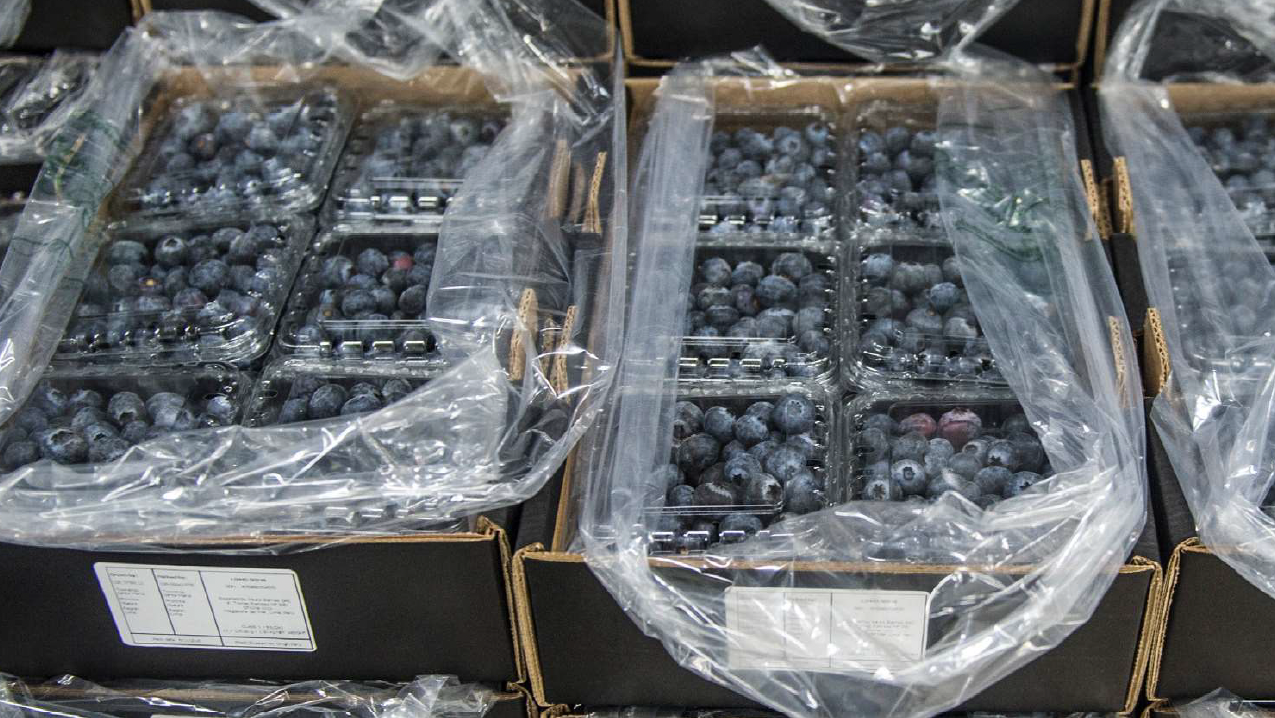The following story was originally published on the Egypt Strategy Support Program website.
Egypt’s food markets are full of fresh fruits and vegetables, and the local souks feature skillfully crafted furniture, scarves, and jewelry. These products are the result of a long tradition of agricultural production, craftsmanship, and trading. However, the producers are often small businesses that find it challenging to expand production, reach new markets, and innovate. But what holds them back from becoming the next “workshop of the world,” like China and other Asian countries over the past few decades? What lessons can China and other successful countries provide to Egypt? Which policies and investments can unleash Egyptian businesses to thrive, export, and create jobs?
This is just one example of a set of policy research questions to which finding answers can make an important contribution for accelerating economic growth and poverty reduction in Egypt. What are other critical knowledge gaps? To find out, , the International Food Policy Research Institute (IFPRI) under its Evaluating Impact and Building Capacity (EIBC) project funded by the United States Agency for International Development (USAID) brought together a group of national experts from policy, civil society, and research and IFPRI researchers with relevant international expertise in an innovative workshop format.
The results of this workshop are now published as the first issue in IFPRI new Egypt Strategy Support Program Working Paper series titled “Prioritizing Development Policy Research in Egypt”.
The paper identifies four broad actionable research themes that have a high potential to help reduce poverty and improve food and nutrition security in Egypt:
- Economic Transformation and Rural Development
- Social Inclusion and Institutions
- Food Supply and Natural Resources
- Public Health and Nutrition
Under each of these themes, the paper identifies concrete policy questions and four priority research areas. The paper concludes by emphasizing the importance of strengthening the links between policy research and policy making to ensure that research findings are considered in the decision making process and ultimately have a positive impact on people’s lives.







